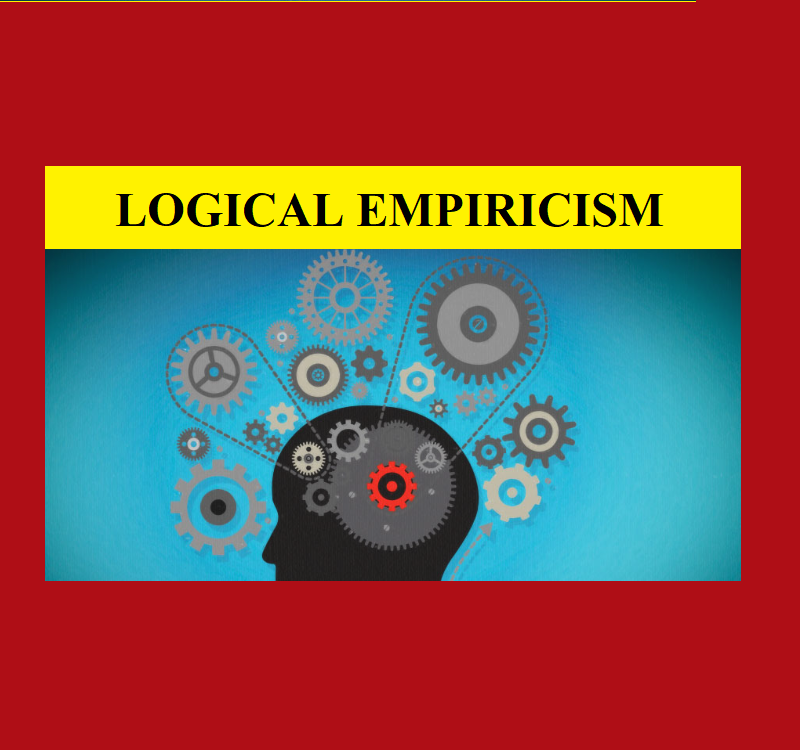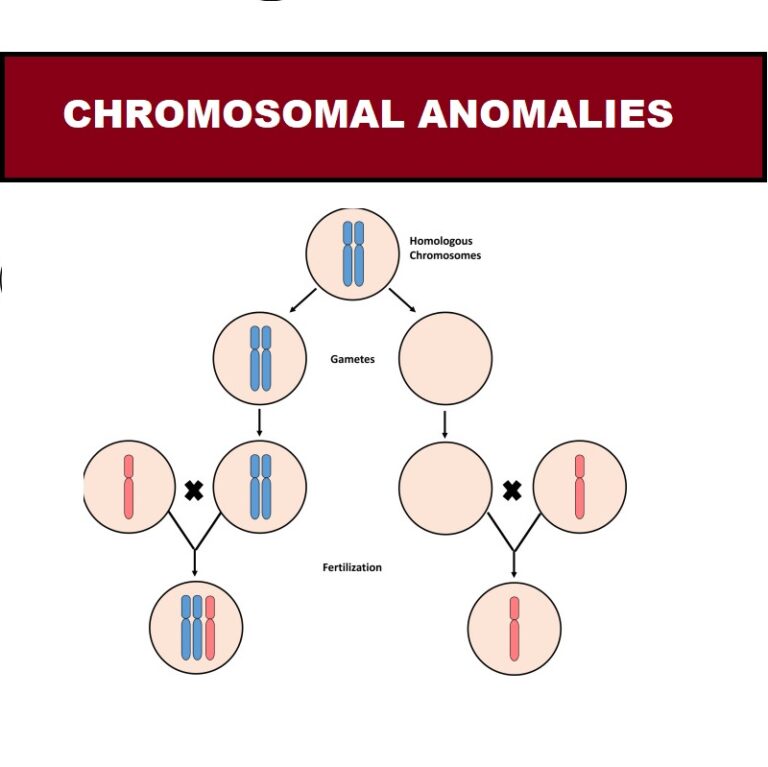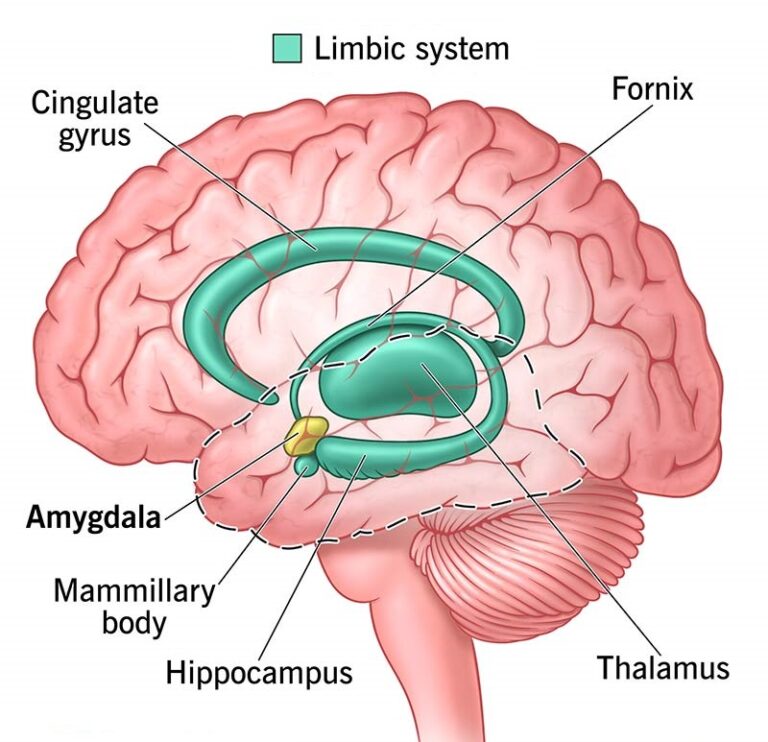
Strict Adherence to Experimental Analytical Paradigm (Logical Empiricism)
Psychology, as a scientific discipline, has witnessed a significant transformation over the past century. With the rise of logical empiricism, or experimental analytical paradigms, psychology has strived to achieve the rigor and objectivity that characterizes natural sciences. However, this unwavering adherence to experimental methodologies has led to a profound crisis in the field. This article delves into the critical issues arising from this crisis, exploring the limitations, consequences, and potential alternatives to the experimental analytical paradigm.
What is Logical Empiricism?
Logical empiricism, also known as logical positivism, is a philosophical approach that emerged in the early 20th century, primarily associated with the Vienna Circle. It combines elements of empiricism, which emphasizes the role of sensory experience in the formation of knowledge, and logical analysis, which uses formal logic to clarify and structure philosophical concepts.
Key Principles of Logical Empiricism:
- Verification Principle: A statement is meaningful only if it can be empirically verified or is tautological (true by definition).
- Emphasis on Science: Strong focus on scientific methodology as the primary means of gaining knowledge.
- Rejection of Metaphysics: Dismissal of metaphysical claims that cannot be empirically tested as meaningless.
- Logical Analysis: Use of formal logic to analyze and clarify concepts and arguments.
Example of Logical Empiricism:
- Scientific Hypotheses: Hypotheses in science are considered meaningful if they can be tested and potentially falsified through observation and experiment.
- Language Analysis: Analyzing philosophical problems through the lens of language and logic, such as breaking down complex statements into simpler components that can be empirically evaluated.
Logical empiricism significantly influenced the development of the philosophy of science and the methods used in various scientific disciplines, including psychology. However, its strict criteria for meaningfulness and focus on empirical verification have also been subject to criticism and debate.
The Experimental Analytical Paradigm
Definition and Origins
The experimental analytical paradigm, grounded in logical empiricism, emphasizes the use of controlled experiments to investigate psychological phenomena. It seeks to establish causal relationships through systematic observation, measurement, and manipulation of variables. This approach gained prominence in the early 20th century, heavily influenced by the success of experimental methods in natural sciences.
Core Principles
- Objectivity: Emphasis on unbiased, measurable data.
- Reproducibility: Ensuring experiments can be replicated with consistent results.
- Reductionism: Breaking down complex behaviors into simpler, measurable components.
- Quantification: Prioritizing numerical data over qualitative observations.
The Crisis in Psychology
1. Over-Reliance on Experimental Methods
Issue: The rigid adherence to experimental methods often overlooks the complexity and contextual nature of human behavior. Example: A study attempting to measure happiness through a standardized questionnaire may miss nuanced cultural differences influencing responses.
2. Neglect of Subjective Experience
Issue: By focusing on objective, quantifiable data, the experimental paradigm often neglects subjective experiences and individual variability. Example: Research on depression might emphasize neurotransmitter levels, ignoring personal narratives and emotional experiences.
3. Ethical Concerns
Issue: Experimental methods sometimes raise ethical concerns, particularly when involving vulnerable populations or controversial procedures. Example: The infamous Stanford prison experiment highlighted the ethical pitfalls of extreme experimental manipulation.
Table 1: Comparative Analysis of Research Paradigms
| Aspect | Experimental Analytical Paradigm | Alternative Paradigms |
|---|---|---|
| Objective | Establish causal relationships | Understand holistic, contextual behavior |
| Methods | Controlled experiments, quantification | Qualitative methods, mixed-methods |
| Data | Numerical, measurable | Narrative, descriptive |
| Strengths | Objectivity, reproducibility | Richness, depth of understanding |
| Limitations | Reductionism, ethical issues | Subjectivity, potential for bias |
4. Ignoring Ecological Validity
Issue: Findings from tightly controlled laboratory settings may not generalize to real-world contexts. Example: A memory experiment conducted in a lab may not reflect how memory functions in daily life, influenced by diverse factors like stress and environment.
5. Crisis of Reproducibility
Issue: Many psychological studies fail to replicate, questioning the reliability of experimental findings. Example: The replication crisis in social psychology, where seminal studies like the “ego depletion” effect have struggled to reproduce original results.
Alternative Approaches
1. Integrative Paradigms
Description: Combining quantitative and qualitative methods to provide a more comprehensive understanding of psychological phenomena. Example: Using interviews alongside standardized tests to study anxiety, capturing both numerical data and personal experiences.
2. Humanistic Psychology
Description: Emphasizing individual experiences, self-actualization, and holistic understanding. Example: Carl Rogers’ client-centered therapy, focusing on personal growth and self-concept rather than diagnostic labels.
3. Cultural Psychology
Description: Exploring how cultural contexts shape psychological processes and behaviors. Example: Studying how collectivist versus individualist cultures influence social behaviors and mental health.
Table 2: Key Features of Alternative Paradigms
| Paradigm | Key Features | Example |
|---|---|---|
| Integrative | Mixed-methods, holistic understanding | Combining surveys and interviews |
| Humanistic | Focus on self-actualization, individual experience | Client-centered therapy |
| Cultural | Contextual, culturally-informed research | Cross-cultural studies of social behavior |
Conclusion
The crisis in psychology, stemming from a strict adherence to the experimental analytical paradigm, underscores the need for a more flexible and inclusive approach to research. While the rigor of experimental methods has undoubtedly advanced the field, embracing alternative paradigms can enrich our understanding of the human mind and behavior. By integrating diverse methodologies, acknowledging subjective experiences, and considering cultural contexts, psychology can evolve into a more holistic and ethically sound discipline.
References
- Reference 1: Smith, J. A., & Brown, P. (2020). “Revisiting the Experimental Paradigm in Psychology.” Journal of Psychological Research, 45(3), 123-145.
- Reference 2: Rogers, C. R. (1951). “Client-Centered Therapy: Its Current Practice, Implications, and Theory.” Boston: Houghton Mifflin.
- Reference 3: Henrich, J., Heine, S. J., & Norenzayan, A. (2010). “The weirdest people in the world?” Behavioral and Brain Sciences, 33(2-3), 61-83.







